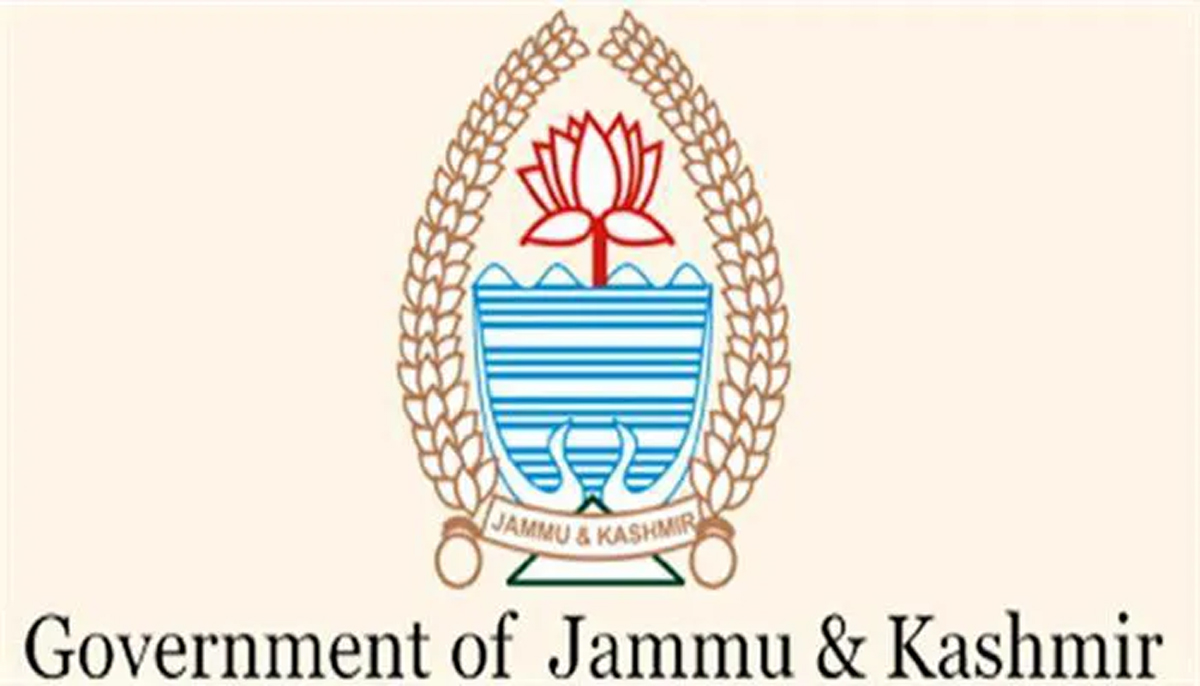*No step initiated to set-up Commission for Protection of Child Rights
Mandatory committees, authorities yet to be established
Mohinder Verma
JAMMU, Oct 5: The Government of Union Territory of Jammu and Kashmir is sleeping over numerous recommendations made by the National Commission for Protection of Child Rights (NCPCR) over one and half years back after detailed visit and deliberations with the authorities of the concerned departments. Moreover, mandatory committees and authorities under the Child Labour Prohibition and Regulation Act have not been constituted, which otherwise are important for effective implementation of the law enacted by the Parliament.
In the month of March 2020, a team of the National Commission for Protection of Child Rights led by its Chairperson Priyank Kanoongo visited Union Territory of Jammu and Kashmir to review the status of child rights and to conduct inter-departmental review-cum-consultation.
The Commission assessed the situation of children in Child Care Institutions and to understand the functioning of child rights mechanism in Jammu and Kashmir conducted the review meetings with the concerned officials of Union Territory administration.
The Commission highlighted the gaps persisting in the implementation of child related laws such as lack of institutional mechanism and infrastructure facilities and accordingly made several recommendations to be adopted by the Union Territory administration in a time bound manner.
“The foremost recommendation was constitution of State Commission for Protection of Child Rights as per Section 17 of the Commissions for Protection of Child Rights Act, 2005 to ensure child health, care, welfare or child development; juvenile justice or care of neglected or marginalized children or children with disabilities; elimination of child labour and ensure implementation of laws relating to children”, official sources told EXCELSIOR.
However, till date no step has been initiated by the Social Welfare Department for establishment of State Commission for Protection of Child Rights. EXCELSIOR made repeated telephonic calls to a number of officers of the department to ascertain the reasons behind inordinate delay in setting up of Commission but there was no response. However, the Law Department confirmed that it has not been approached by the Social Welfare Department as far as establishment of State Commission is concerned.
“Due to this, the major provision of the Commissions for Protection of Child Rights Act, 2005 has remained unimplemented although it became applicable since October 30, 2019 under the J&K Reorganization Act, 2019”, sources said, adding “similar is the fate of another recommendation whereby Mission Director of Integrated Child Protection Scheme was directed to conduct inquiry of Vision Baal Niketan J&K Sewa Fellowship (NGO-run Children Home) in Srinagar”.
As far as Right to Education Act, 2009 is concerned, it was directed by the NCPCR that manual on “safety and security of children in schools’ developed by the Commission should be circulated to all the Government as well as private schools for adherence. But this activity has not been conducted by the Department of School Education in letter and spirit, sources informed.
Similarly, no proposal has been prepared for Non-Residential Special Training Centre/Residential Special Training Centre although this was one of the recommendations of the NCPCR to the Department of School Education, they disclosed, adding “even the Department of Labour and Employment has failed to revisit the Child Labour Prohibition and Regulation Act and constitute all the mandatory committees/authorities as per the Act in the Union Territory”.
Disclosing that NCPCR had also recommended proper functioning of National Child Labour Program in the Union Territory of Jammu and Kashmir, sources said, “the implementation of this Program continues to be very poor despite the fact that this is the major Central Sector Scheme for the rehabilitation of child labour”.
The scheme seeks to adopt a sequential approach with focus on rehabilitation of children working in hazardous occupations and processes in the first instance. Under the Scheme, survey of child labour engaged in hazardous occupations and processes is required to be conducted and the identified children are to be withdrawn from these occupations and processes and then put into special schools in order to enable them to be mainstreamed into formal schooling system.
“Due to non-serious approach of all the concerned authorities, the objective behind the visit of NCPCR and subsequent recommendations could not be achieved till date”, sources said.


